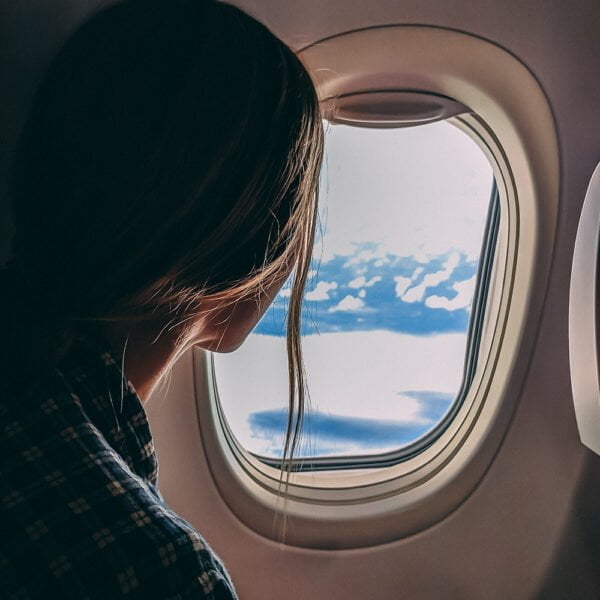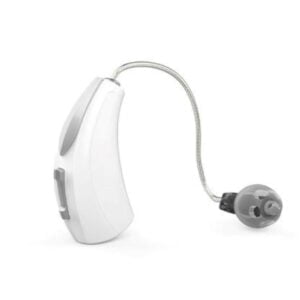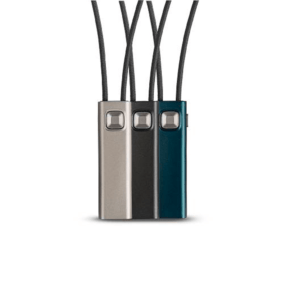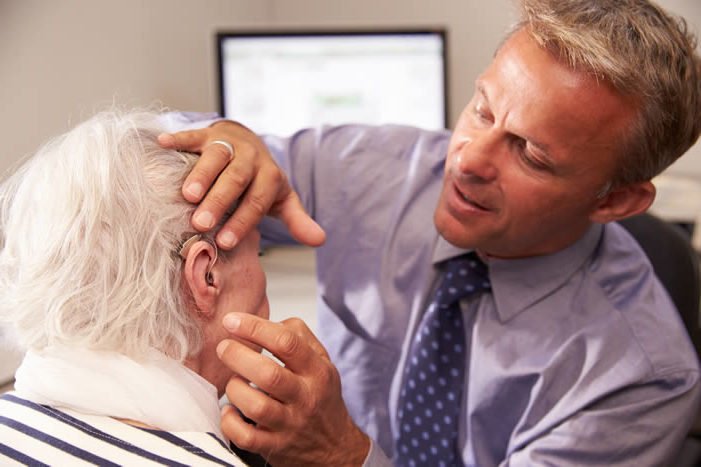Ear problems are very common among people who travel by plane. While they are usually harmless, their symptoms can sometimes cause serious discomfort. ‘Airplane ear’, or ear barotrauma, can affect anyone regardless of their age or physical health.
What Causes Ear Barotrauma?
Barotrauma of the ear occurs when there is a blockage in the eustachian tube: a thin, membrane-lined tube which connects the back of the nose with the middle ear and helps maintain balanced air pressure on both sides of the eardrum. Such blockages often occur due to the common cold but can also be caused by sinus infections and nasal allergies. Symptoms of barotrauma include:
- Feeling as if your ear is clogged up
- Ear pain that may become severe
- Hearing loss
- Dizziness
- Fluid oozing from the ear (very rare; might be a sign of a ruptured eardrum)

How Does Travelling by Plane Affect Your Ears?
Since air travel often involves rapid changes in air pressure, the Eustachian tube is sometimes unable to open frequently or widely enough to allow air to reach your middle ear, causing air pressure to build up behind your ear drum. This is especially valid when the aircraft is landing, and the atmospheric pressure goes from low to high as you get closer to earth.
The same applies to other situations which also involve rapid altitude or air pressure changes: for example, riding in an elevator or diving.

What Prevention Options Are There?
There are various ways to prevent ear discomfort from occurring during airplane travel, the easiest of which is to swallow. Yawning or chewing gum can also be helpful, especially when the plane is taking off or descending.
Another method to relieve ear discomfort is by pinching your nose, breathing in, and blowing gently, then swallowing. If you are successful, you will hear a pop and will notice your ears feel less clogged up.
Barotrauma can be especially painful for babies or young children, as their ears aren’t fully developed and babies cannot pop their ears on purpose. In this case, sucking on a bottle or a pacifier can be helpful.
Some more experienced air travellers may prefer OTC decongestants pills or nasal sprays to shrink the membranes and help the ears pop more easily. Whilst these can be purchased without a prescription, they are not recommended for people who are pregnant or suffering from heart disease, high blood pressure, thyroid disease, or irregular pulse rhythms.
Perhaps the most practical and effective way to prevent ear barotrauma from occurring during travelling by airplane is by wearing protective earplugs specially designed to relieve the ear discomfort that comes with in-flight air pressure changes. You can see our favourites below:
EarPlanes – Adult
Tested by US Navy Pilots, these extra soft earplugs are perfect for relieving the ear discomfort associated with flying. They are not only extremely comfortable, but also reusable up to five times! In addition to regulating the air pressure inside the ear, they reduce harsh noise naturally and are made of soft, hypoallergenic, latex-free silicone. Not only that, but they also come in a small travel case: perfect for keeping in your hand luggage!
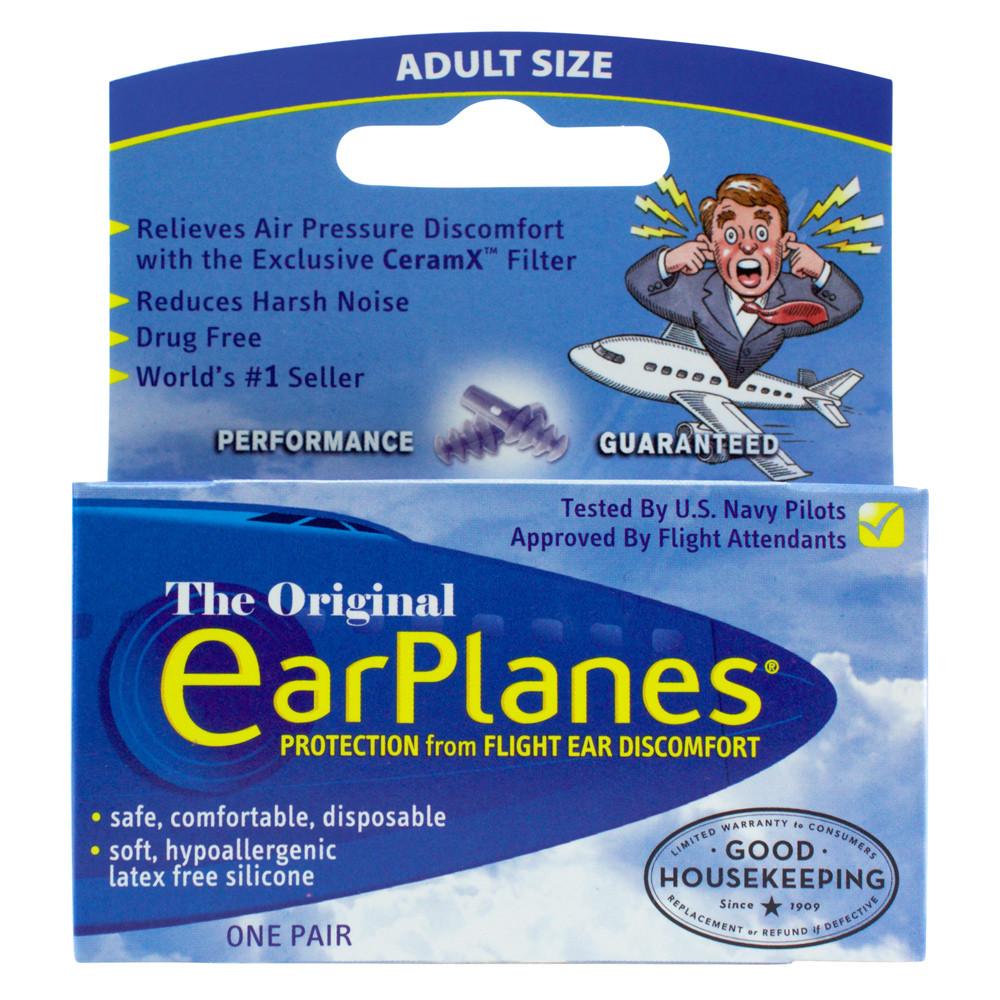
EarPlanes - Child
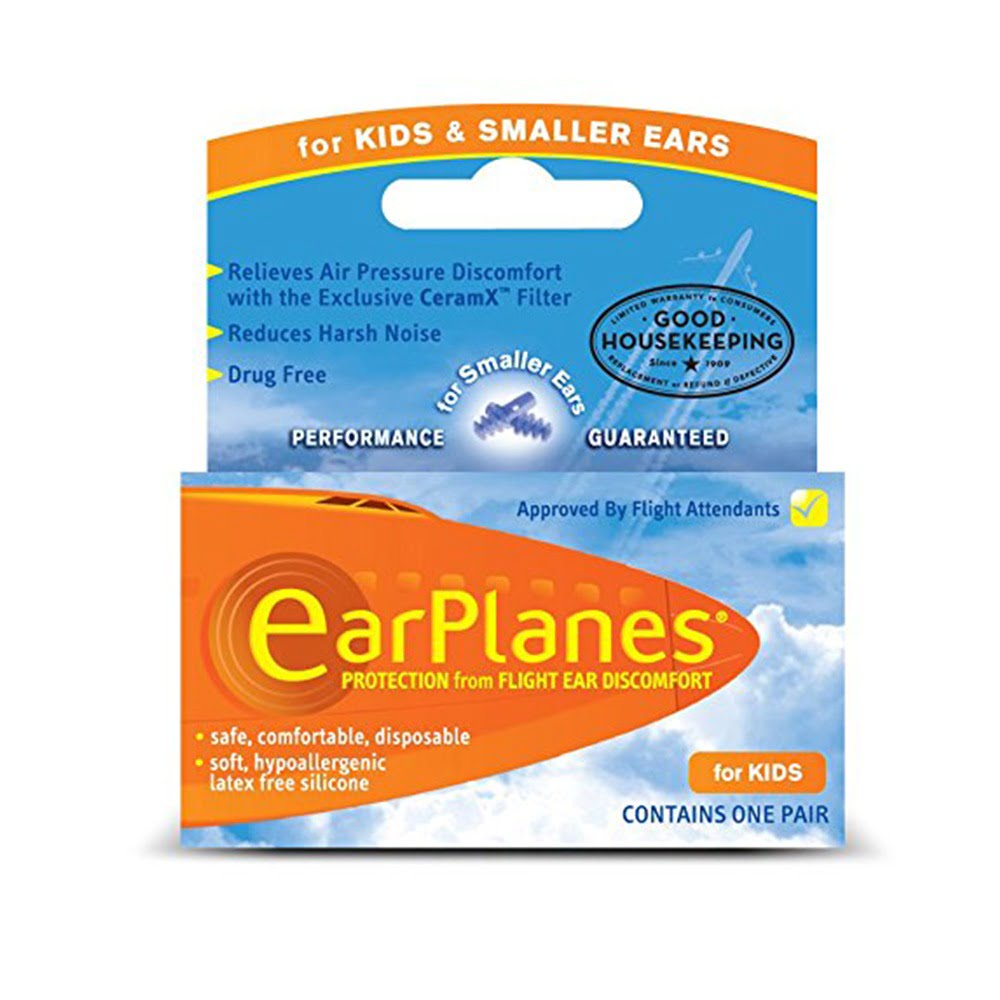
Designed specifically for children, these amazing earplugs are the ideal solution for relieving clogging, popping and pain thanks to their Exclusive CeramX Filter. Furthermore, they provide a noise reduction rating of 20 decibels when used as directed and are suitable for kids aged from 12 months to 10 years. Just like the Adult EarPlanes version, they are made from drug-free, allergy-free silicone to provide ultimate comfort during the entirety of the flight and come in a handy box for easy portability.
Are you air travelling soon and dreading the horrible ear discomfort that comes with it? No need, we’ve got you covered! Click here to browse our ear protection range and get your earplugs today!

